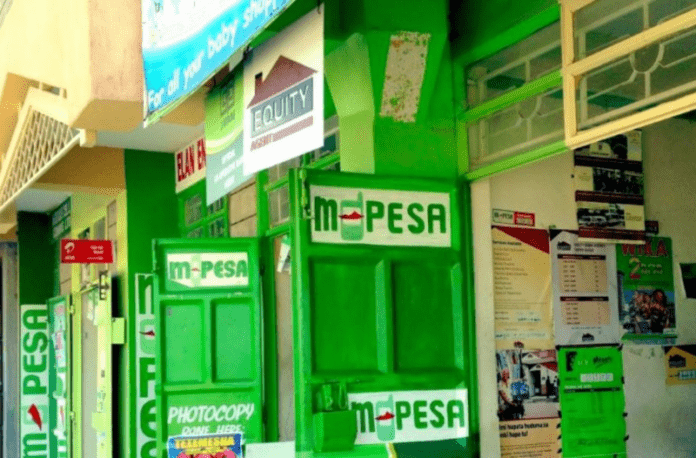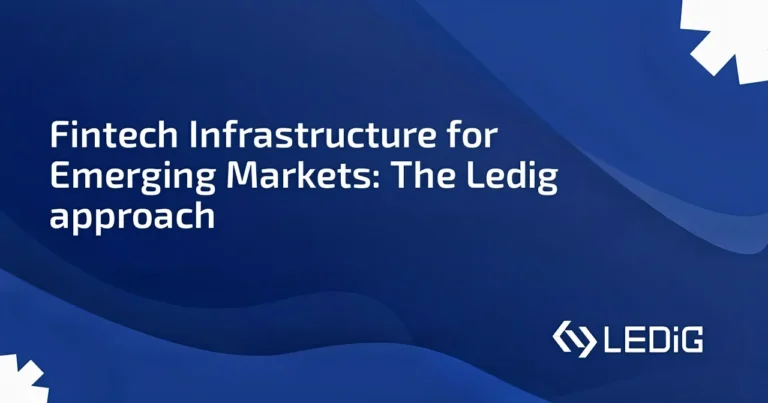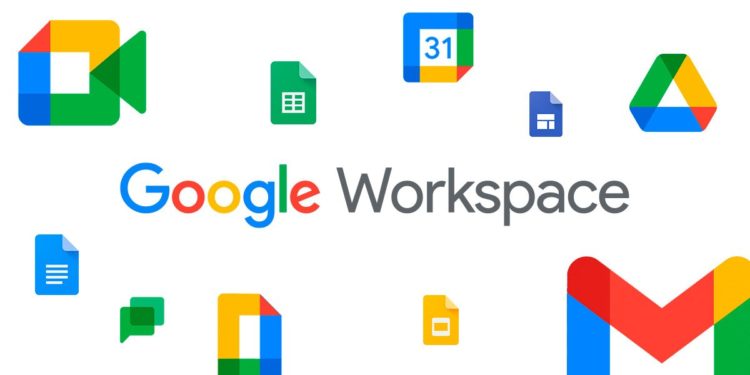The Evolution of Fintech in Nigeria – Key Players and Emerging Trends

The evolution of the Nigerian fintech space cannot be told without mentioning the pioneer banks that first charted Nigeria. As what later became Nigeria started seeing an influx of Europeans in the 19th century, many businesses sprang up to explore opportunities, and banking services became a necessity.
The Bank of British West Africa, established by Sir Alfred Jones, a Liverpool shipping magnate, in 1894, was the first to enter the market; it would later change its name to First Bank, being the first bank to operate in the country. Agbonmagbe Bank, now Wema Bank (1945), and British and French Bank Limited, now United Bank for Africa (1960), were other institutions that pioneered financial services in the country.
Before technology became infused into banking processes like today, these banks did most of their operations using analogue processes. When internet-connected ATMs entered the banking scene, there was a need for banks to maintain internet connections with the machines in real-time and update customers’ balances as they made withdrawals with their ATM cards. The ripple effect, coupled with the need to experience what some returnees enjoyed abroad, led to the rapid digitisation of the Nigerian banking industry.
Nigerian Inter-Bank Settlement Scheme
One important result of this modernisation push was the Nigerian Inter-Bank Settlement Scheme. The Nigerian Inter-Bank Settlement System (NIBSS) was incorporated in 1993 and began operations in 1994. It was established to create a way for financial institutions to quickly settle interbank payments, making banking more equitable for the populace. The ensuing boom in banking and the entrance of telecommunications and internet services in the 2000s ushered in a period of monumental boom for the financial sector of the country, debuting the Fintech era.
Emerging Trends in the Nigerian Fintech Industry
Blockchain and Cryptocurrency
The Central Bank of Nigeria’s cashless banking policy of 2012 accelerated fintech penetration into the economy. Point-of-Sales (POS) systems, which have become increasingly sophisticated over the years, have made banking significantly easier and more convenient for the population. When Digital assets launched and later became mainstream among the younger generation, Nigerian youths were quick to embrace them.
Businesses with difficulties accessing foreign currencies, such as the US dollar began using digital assets to pay suppliers and even accepted them as payment. Stablecoin soon became essential in various economic activities, including cross-border remittances and international payments. Today, it has become a hedge against local currency devaluation. For instance, Nigeria’s official inflation rate for 2024 exceeds 30%.
Insurtech
The evolution of fintech in Nigeria has extended beyond traditional banking. Insurtech, the intersection of insurance and technology, has introduced innovative solutions that are changing how insurance services are structured. Insurtechs like MycoverGenius have made vehicle insurance more accessible by offering seamless online services, making it easier for individuals to obtain and manage coverage. These innovations demonstrate how technology is reshaping a traditionally conservative sector, fostering growth and accessibility.
Financial Inclusion
Financial inclusion has also been a critical focus in Nigeria’s fintech journey, with agency banking now becoming a powerful tool for reaching underserved populations. Startups like Moniepoint and Bankly have revolutionised access to financial services by deploying agent networks in rural and semi-urban areas. These platforms enable people to perform essential transactions like deposits, withdrawals, and bill payments without needing to visit traditional banks. This helps bridge the gap between the formal financial sector and the unbanked, contributing significantly to financial inclusion and supporting Nigeria’s broader economic growth and development.
Players Shaping Nigeria’s Fintech Ecosystem
Interswitch
The modern Nigerian fintech revolution started with Interswitch in 2002. Before then, traditional Nigerian banks had started modernisation efforts, with the likes of Guaranty Trust Bank and other new-generation banks taking prominence.
As banking services were becoming streamlined at one end, the telecommunications sector was also taking shape at the other end. This sector would eventually usher in mobile smartphones, which necessitated the creation of banking apps to mirror what the Western banking industry looked like, resulting in a bigger fintech revolution.
Interswitch became an idea after its founder, Mitchell Elegbe, used an ATM card in Scotland and then thought of how to replicate it back home. Interswitch soon became a major
payment-switching player, facilitating card services and handling the tech that enabled bank cards to work, among other financial services.
Interswitch also launched Quickteller, a payment aggregating platform. Since it was founded at a time when businesses were beginning to maintain websites for global visibility, Quickteller and later Paystack became the go-to technology for facilitating instant payments. Interswitch launched its card service (Verve) in 2016.
Ledig Technologies
Ledig Technologies is a fintech infrastructure company built for institutions that need stablecoin/fiat liquidity across Africa and other emerging markets. It supports high-ticket transactions and helps businesses with cross-border exposure manage currency complexity in over 17 currency rails, leveraging a network of partners to provide seamless access to a wide range of currencies, including those with the scarcest liquidity.
Ledig’s products cover everything around stablecoin liquidity, including conversions, fiat and stablecoin wallets, hedging tools for volatility, and liquidity guarantee services. These tools don’t just serve institutional clients; they also power retail-facing companies by providing the backend infrastructure to manage stablecoin-based treasuries while dealing with African currency invoices and receipts.
The company focuses on delivering speed, reliability, and clarity in markets where those things are usually missing. Ledig makes it easier to move money in and out of Africa at scale and to do it with confidence.
Opay
Opay is a household name in the Nigerian Fintech space. With rapid investment from partners, it has expanded rapidly, integrating various services, from finance to daily life conveniences. It launched its payment app along other sister Apps like ride-hailing (ORide), food delivery (OFood), and more, creating a holistic digital ecosystem that’s particularly appealing in densely populated urban areas. Although its Oride and Ofood businesses have now closed down, its Opay (payment app) has become the go-to banking app among the bustling youth population in the country.
Paga
Paga is another revolutionary Nigerian Fintech we can’t fail to mention when discussing the evolution of the Nigerian fintech space. Tayo Oviosu created Paga in 2009 to process payments for businesses and handle bill settlements. It would go on to become one of the largest payment processors in the Nigerian fintech space, processing over 14 trillion transactions as of May 2024. Paga’s widespread network of agents, especially in rural areas, has been used for banking the unbanked.
Others are Remita, Moniepoint, Bankly, Cowrywise, and Piggyvest.
The Rise of Mobile Payments
Fintechs needed one main tool for growth: mobile phones. According to Statista; there are between 25 million and 45 million smartphone devices in the country, with a strong outlook for growth. Between 2015 and 2023, smartphone adoption rates grew from about 20% to over 40% of the population, driven by cheaper devices and better network coverage.
Mobile money use in Nigeria began with basic USSD-based money transfer service, which didn’t require smartphones or internet, making financial services accessible to the masses. Guarantee Trust Bank operated the first USSD transfer, launching its *737# code, along with the CBN cashless policy drive in 2012. Banking apps leveraging data connectivity soon followed, powering other services like bill payments, savings, and international remittances. All banks operating in Nigeria now have mobile banking apps.
For rural populations where banking infrastructure is sparse, mobile payments (USSD) have been a lifeline. They’ve allowed farmers, traders, and small business owners to contribute better to the economy, fostering local entrepreneurship and reducing the need for long, costly trips to urban bank branches. Mobile payments have now resulted in the Mobile Money movement.
The mobile money boom became possible with collaboration with telecom operators like MTN and Airtel. Both companies have now obtained licenses from the Central Bank of Nigeria and launched mobile money services like MTN MoMo and Airtel Money, which not only facilitate instant payments but also offer savings schemes, thus expanding the scope of fintech beyond mere transactions.
The Future of Fintech in Nigeria
The potential for fintech growth in Nigeria is immense. With a population of over 200 million people, more than 70% of whom are under 40 and actively contributing to the economy, the country is positioned for the next phase of its fintech evolution. Global companies have seen this potential and have made major investments, like Stripe’s acquisition of a majority stake in Nigerian payment giant Paystack, investing in the future of payments in Nigeria. The sector has produced four unicorns, namely Interswitch, Opay, Moniepoint, Andela, and Flutterwave.
The synergy between traditional banks and fintech companies is also a pathway for further expansion. Wema Bank is perhaps the Nigerian traditional bank with the most partnerships with fintech firms. Other banks can also leverage fintech innovation, which would enable banks to improve service delivery, reduce costs, and reach underserved populations. Collaboration between these two sectors can bridge gaps in infrastructure and provide more inclusive financial services, boosting economic growth across the nation.
Nigeria’s fintech sector has already made significant strides in promoting financial inclusion, particularly through agent banking and mobile money platforms. With increased investment,
innovation, and collaboration, the Nigerian fintech ecosystem is poised to drive economic transformation, solidifying its role as a leader in Africa’s digital economy.
Conclusion
The integration of digital assets, particularly stablecoins, into payment systems is the next phase of fintech evolution in Nigeria and Africa at large. Companies like Ledig Technologies are at the forefront of this evolution, showing how blockchain-powered solutions can address liquidity challenges and enhance cross-border transactions.
The world’s largest payment processing companies, such as Stripe, PayPal, and Circle, recognise this. This is evident in their strategic investments and acquisitions in the largest stablecoin-focused platforms in the world, demonstrating the critical role these digital assets will play in the global financial ecosystem.
Now is the time for stakeholders in the Nigerian fintech industry to embrace this shift, position themselves, and unlock the immense opportunities blockchain and stablecoin-powered innovations bring to the table, like Ledig is already doing.







